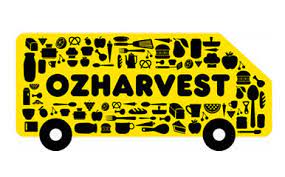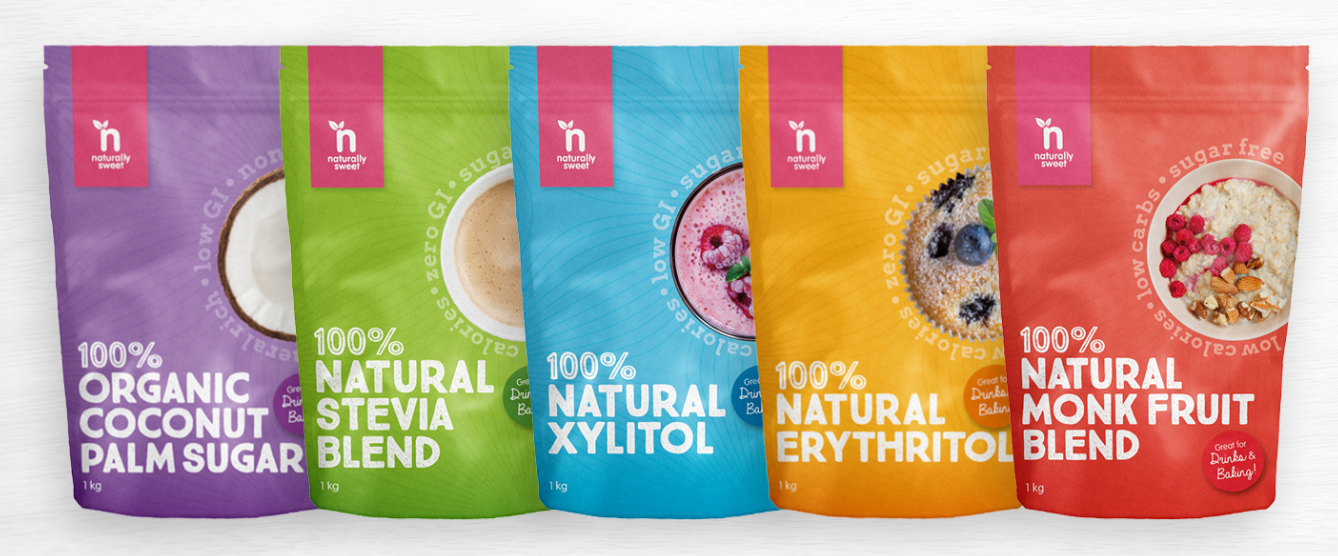 The dangers of too much sugar are well documented. From poor dental health to high blood sugar and diabetes, the detrimental effects of excessive sugar consumption on your health can be significant. Now, new research is showing that soft drinks high in sugar can potentially lead to death, following the tragic passing of 31-year old Natasha Harris in New Zealand. Natasha Harris was a self-proclaimed soft drink addict, drinking up to 10 litres of the sugary drink per day. Three years ago, at the tragically young age of 31, she suffered a cardiac arrest and died. The coroner’s report is now showing that excessive soft drink consumption played a significant role in her death. The huge volumes of sugar and caffeine had caused health complications that were partly to blame for her heart problems. Tragically, the coroner specifically stated that it is unlikely Natasha would have died if she had consumed less soft drink: “'I found that, when all of the available evidence is considered, were it not for the consumption of very large quantities of Coke by Natasha Harris, it is unlikely that she would have died when she died and how she died.” Natasha’s family have spoken out about her soft drink addiction, explaining that she would suffer withdrawal symptoms when she couldn’t get her ‘fix’. The coroner’s report noted that Natasha’s soft drink habit led to her consuming twice the recommended daily amount of caffeine and the equivalent of 450 grams of sugar per day – more than 11 times the recommended intake. Somewhat surprisingly, he suggests it is likely that the sugar – rather than the caffeine – caused her premature death. Whilst caffeine is a stimulant, which affects the heart rate, the coroner was of the opinion that the huge amounts of sugar she was consuming had caused more health problems, including a racing heart, absent teeth, a diseased liver and severe hypokalaemia, a lack of potassium in the blood. Whilst he did not suggest the soft drink manufacturer was to blame, he did recommend that soft drinks should come with ‘warning labels’. A working group between New Zealand and Australian ministries is currently reviewing policy guidelines on caffeine added to foods, and many other health organisations around the world are currently campaigning to raise awareness of the dangers that sugary drinks pose to health. Of course, not everyone who drinks a lot of soft drink will suffer from heart problems, but the tragic death of Natasha Harris is a chilling reminder of just how dangerous excessive sugar consumption can be. 1CAL is a healthy soft drink alternative that contains no sugar and instead uses Stevia. It contains only 1 calorie per 100ml and is approved for people with diabetes.
The dangers of too much sugar are well documented. From poor dental health to high blood sugar and diabetes, the detrimental effects of excessive sugar consumption on your health can be significant. Now, new research is showing that soft drinks high in sugar can potentially lead to death, following the tragic passing of 31-year old Natasha Harris in New Zealand. Natasha Harris was a self-proclaimed soft drink addict, drinking up to 10 litres of the sugary drink per day. Three years ago, at the tragically young age of 31, she suffered a cardiac arrest and died. The coroner’s report is now showing that excessive soft drink consumption played a significant role in her death. The huge volumes of sugar and caffeine had caused health complications that were partly to blame for her heart problems. Tragically, the coroner specifically stated that it is unlikely Natasha would have died if she had consumed less soft drink: “'I found that, when all of the available evidence is considered, were it not for the consumption of very large quantities of Coke by Natasha Harris, it is unlikely that she would have died when she died and how she died.” Natasha’s family have spoken out about her soft drink addiction, explaining that she would suffer withdrawal symptoms when she couldn’t get her ‘fix’. The coroner’s report noted that Natasha’s soft drink habit led to her consuming twice the recommended daily amount of caffeine and the equivalent of 450 grams of sugar per day – more than 11 times the recommended intake. Somewhat surprisingly, he suggests it is likely that the sugar – rather than the caffeine – caused her premature death. Whilst caffeine is a stimulant, which affects the heart rate, the coroner was of the opinion that the huge amounts of sugar she was consuming had caused more health problems, including a racing heart, absent teeth, a diseased liver and severe hypokalaemia, a lack of potassium in the blood. Whilst he did not suggest the soft drink manufacturer was to blame, he did recommend that soft drinks should come with ‘warning labels’. A working group between New Zealand and Australian ministries is currently reviewing policy guidelines on caffeine added to foods, and many other health organisations around the world are currently campaigning to raise awareness of the dangers that sugary drinks pose to health. Of course, not everyone who drinks a lot of soft drink will suffer from heart problems, but the tragic death of Natasha Harris is a chilling reminder of just how dangerous excessive sugar consumption can be. 1CAL is a healthy soft drink alternative that contains no sugar and instead uses Stevia. It contains only 1 calorie per 100ml and is approved for people with diabetes.



